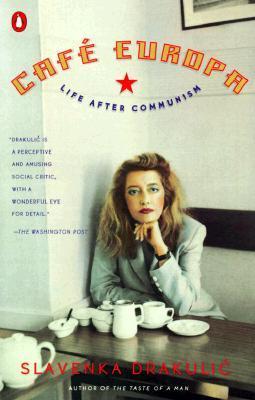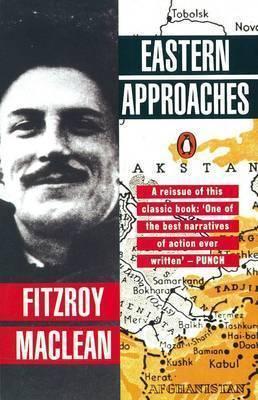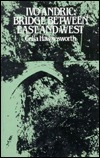
Black Lamb and Grey Falcon
Book Description
In the shadow of looming war, a landscape of cultural richness and tension unfolds. Rebecca West weaves a captivating tale of her journey through the Balkans, where ancient rivalries ignite fierce passions and fragile alliances. As she encounters a tapestry of characters—poets, peasants, and patriots—the pulse of history vibrates with every moment. The air crackles with the promise of conflict, revealing the depths of human connection amid chaos. Emotions surge like a storm, and the line between love and hatred blurs. Will understanding arise from the ashes of discord, or will the shadows of the past consume them all?
Quick Book Summary
"Black Lamb and Grey Falcon" by Rebecca West is an expansive and evocative travel narrative that chronicles West's journey through Yugoslavia on the eve of World War II. Blending memoir, history, and political analysis, West delves into the complex tapestry of Balkan cultures, religions, and histories. Over six weeks, she traverses cities, towns, and villages, exploring the tumultuous legacy of centuries-old conflicts and the persistent quest for identity. Through engaging encounters with locals of varied backgrounds, she examines the paradoxes of coexistence, the undercurrents of nationalist sentiment, and the significance of myth and memory. West’s detailed observations and philosophical reflections illuminate both the beauty and tragedy of a region burdened by its past yet vibrantly alive. Her account remains a masterwork for its literary depth and enduring insight into the Balkans’ allure and agony.
Summary of Key Ideas
Table of Contents
Historical Layers and National Identity
Rebecca West’s journey across Yugoslavia unfolds against the backdrop of a Europe teetering on the brink of war. As she travels through Croatia, Serbia, Bosnia, Macedonia, and Montenegro, West peels back historical layers to uncover the stories that have shaped this region’s unique national identities. The Balkans emerge as a crossroads of empires—Ottoman, Austro-Hungarian, and Byzantine—each leaving its mark. West’s narrative digs into how overlapping histories foster both pride and division, with ancient grievances simmering beneath the surface of daily life, influencing everything from personal relationships to political movements.
Interplay of Religion and Politics
Religion serves as both a unifying and divisive force in the Balkans. West carefully examines the interwoven threads of Orthodoxy, Catholicism, and Islam, tracing their impacts on the social fabric. She observes that religious traditions go beyond spiritual life; they are deeply tied to cultural customs, national belonging, and sometimes, mutual suspicion or outright hostility. These religious differences frequently serve as proxies for deeper political and ethnic conflicts, complicating efforts at unity and reinforcing collective memories of both triumph and trauma throughout the region’s history.
Myth, Memory, and Cultural Narrative
Central to the narrative is West’s fascination with the myths, folktales, and collective memories that infuse every encounter. She shows how stories—whether about heroic resistance to invaders or tragic familial sacrifices—form a cultural narrative that binds people together and sets them apart. These legends are not just relics; they’re living forces that shape modern identities, justify actions, and sustain grievances. West’s interest in these tales leads her to reflect on their power to heal or divide, noting how the past, real or imagined, continually shapes the present.
Personal Encounters and Human Complexity
Throughout the journey, West offers vibrant portraits of the people she meets—writers, priests, villagers, and officials—who embody the region’s contradictions. Her conversations reveal deep complexity, with individuals expressing hope, bitterness, humor, and resignation. West’s empathy and curiosity allow her to bridge cultural divides and elicit candid observations, painting a vivid picture of Balkan society caught between tradition and modernity. The everyday lives and personal stories she documents underscore the human stakes underlying larger political and historical narratives.
Foreboding of War and the Fragility of Peace
All of West’s observations are colored by the growing shadow of impending war. Her reflections carry a sense of urgency, as she confronts the fragility of the uneasy peace and the persistent possibility of renewed conflict. The specter of violence haunts landscapes and conversations alike—a constant reminder of how easily the threads of civility can unravel. Yet, amid the clouds of foreboding, West finds moments of beauty, resilience, and connection, posing a persistent question: whether genuine understanding and reconciliation can ever rise from the ashes of history.
Download This Summary
Get a free PDF of this summary instantly — no email required.





